by Gabriela Bulisova and Mark Isaac
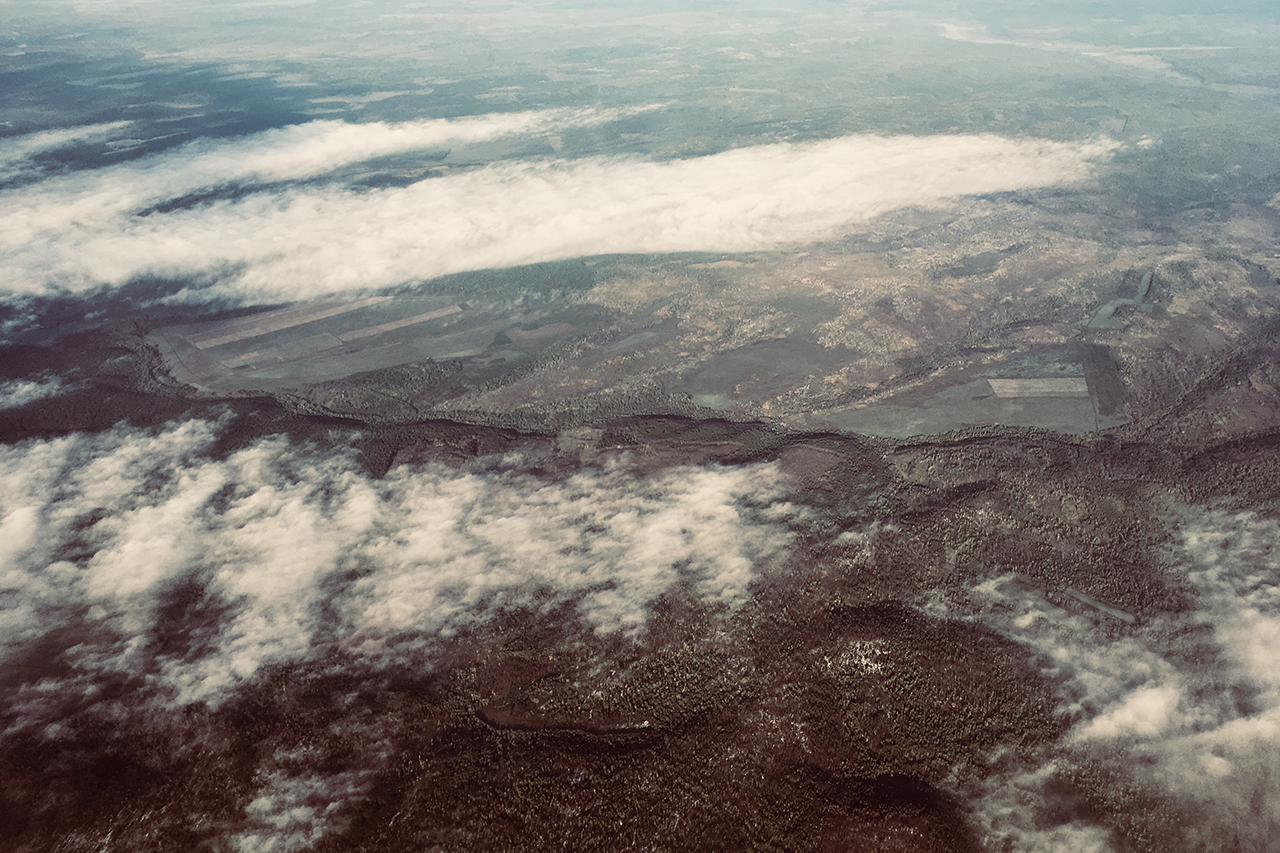
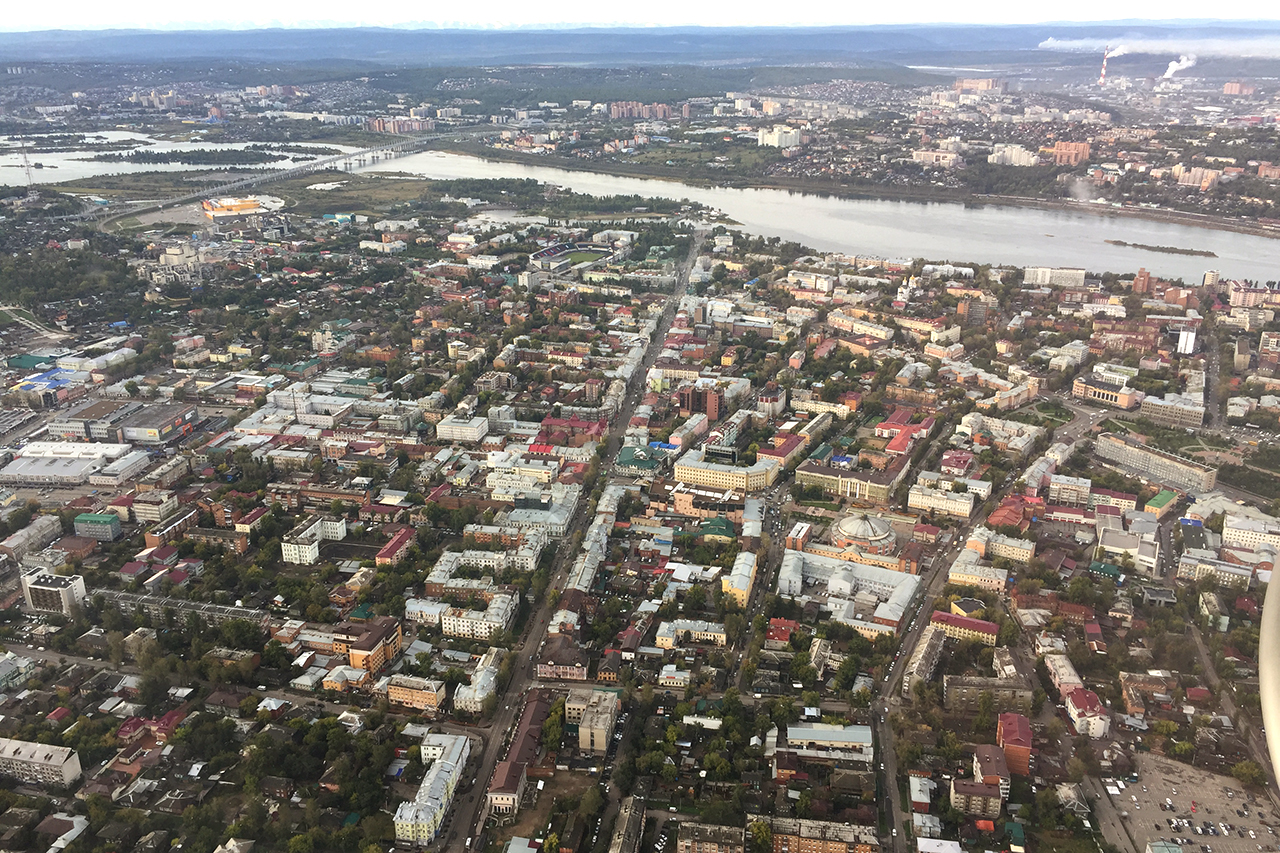
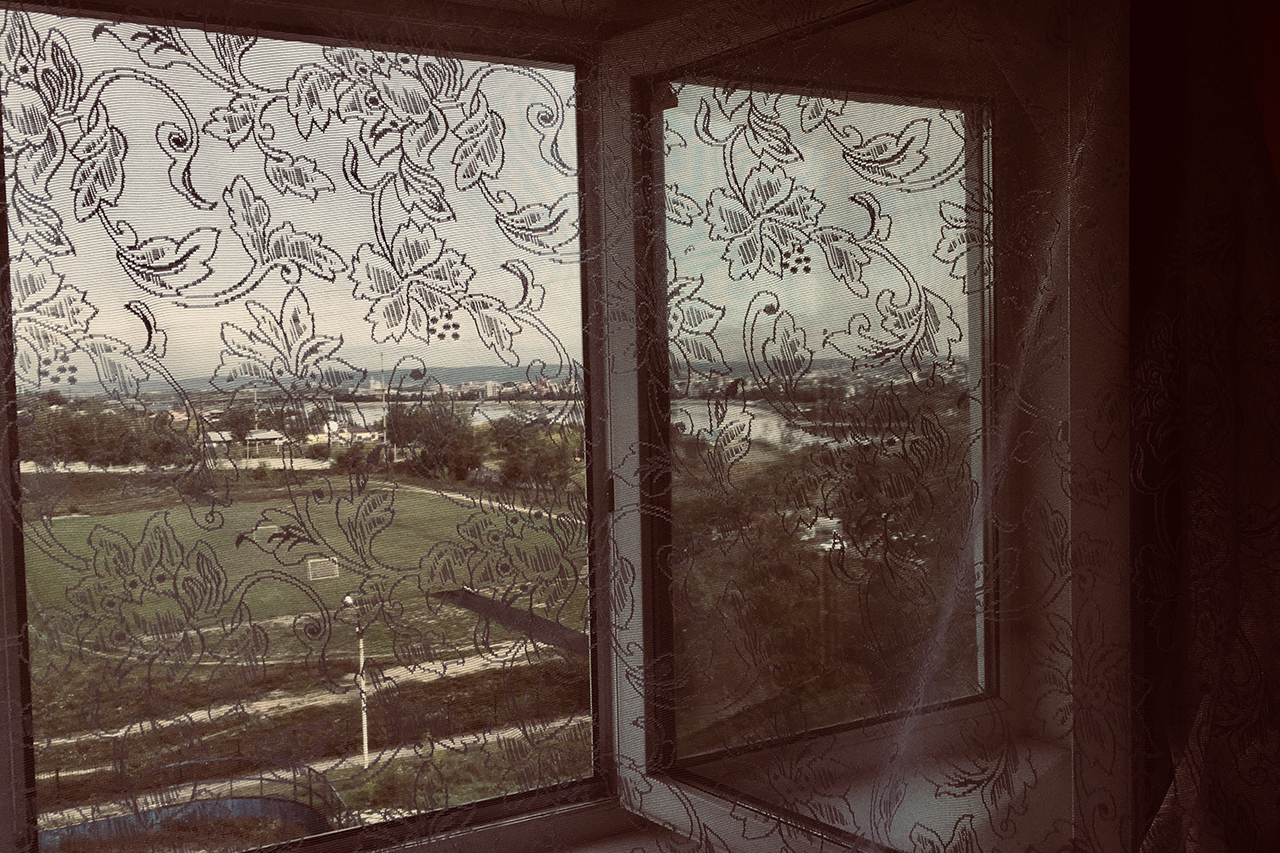
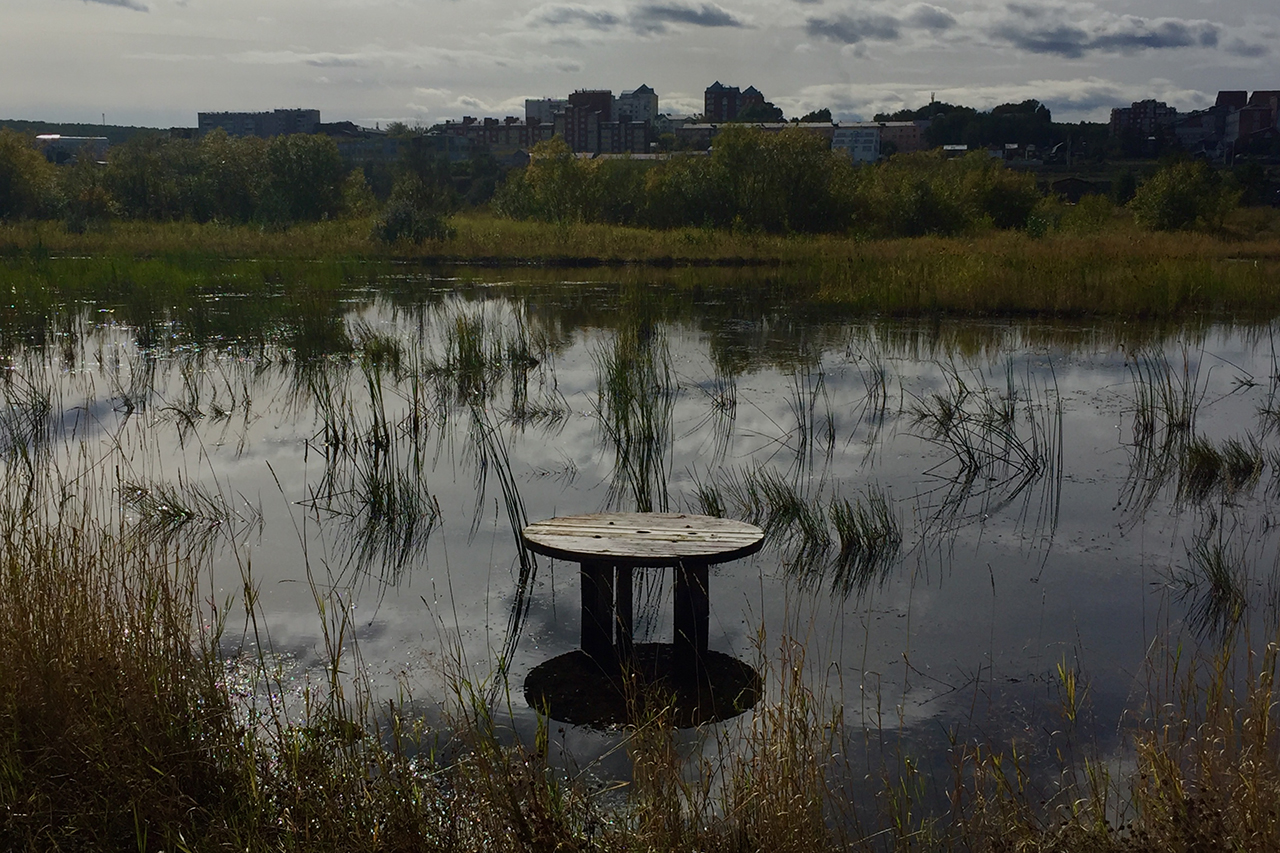
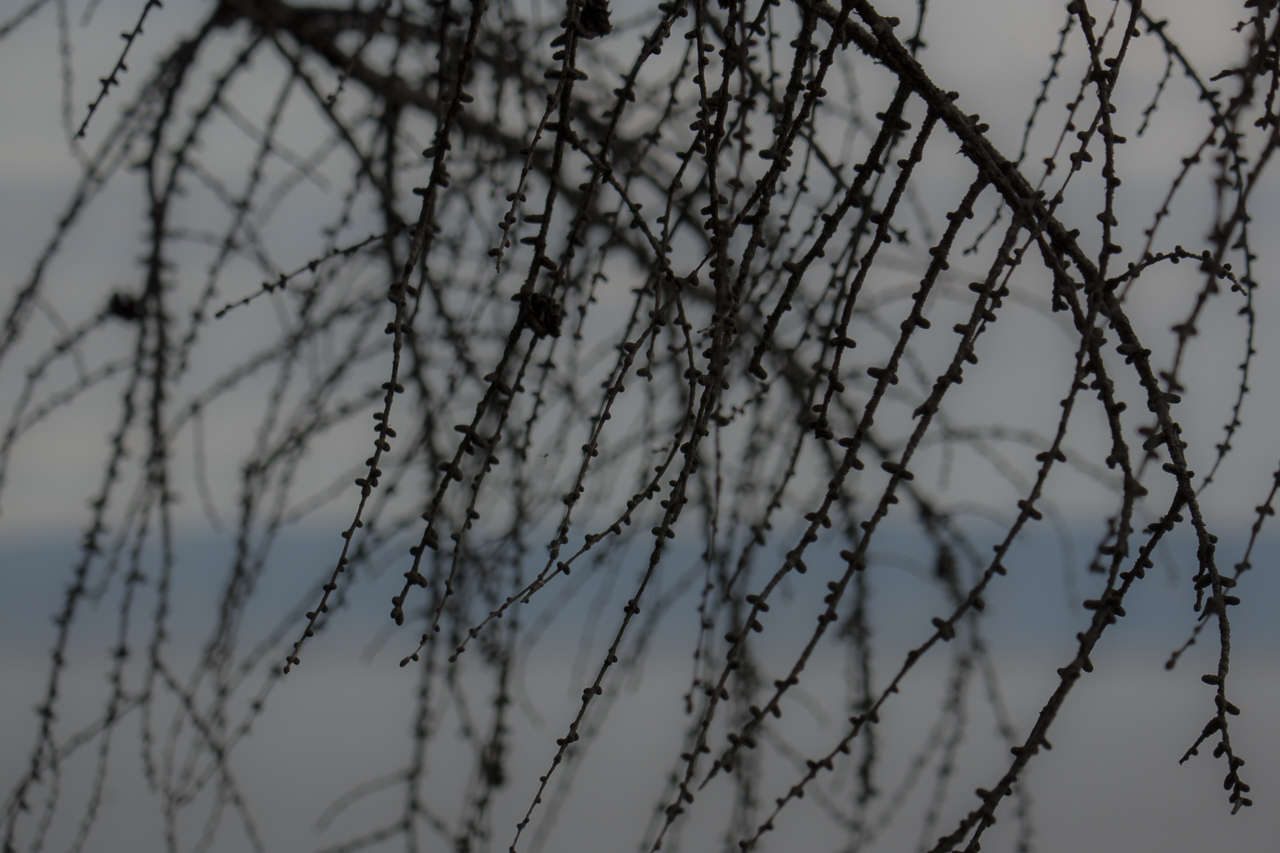
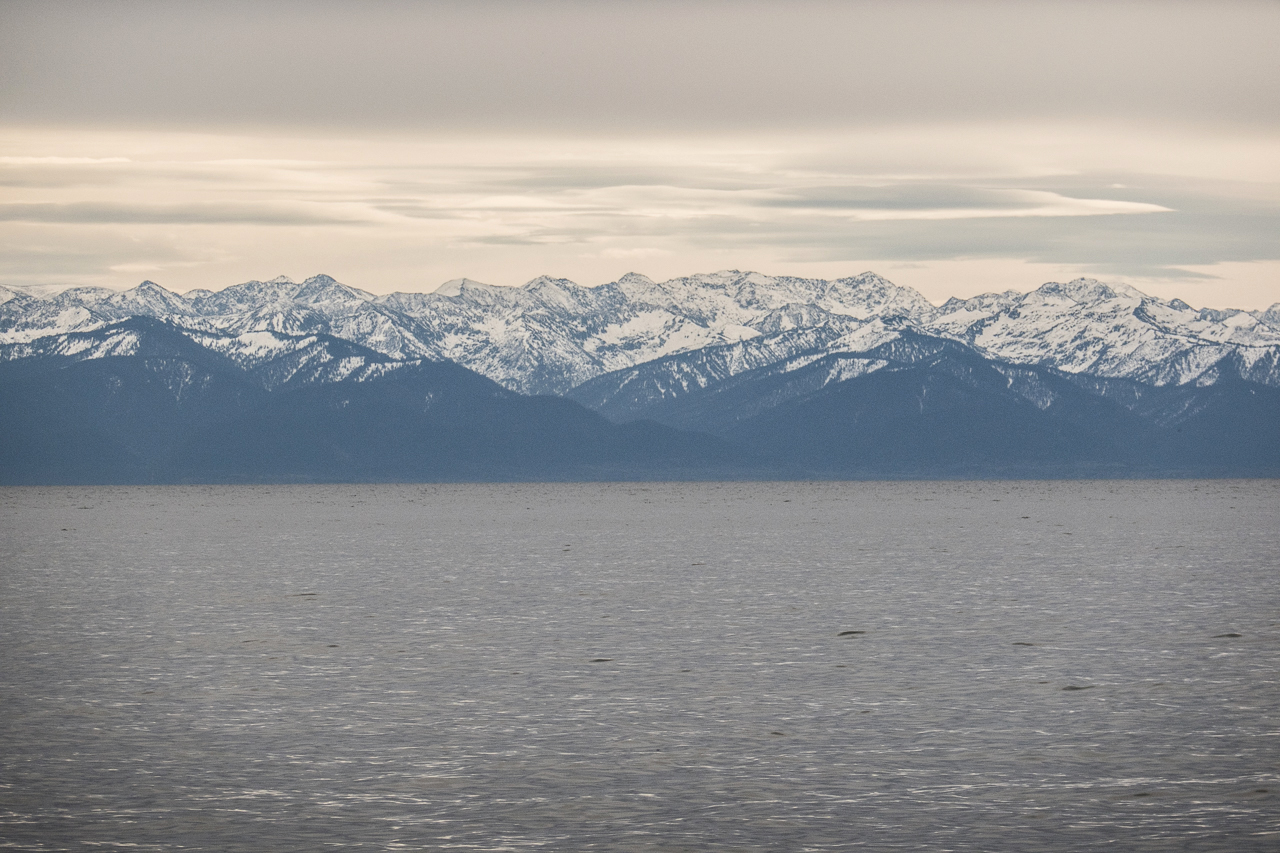
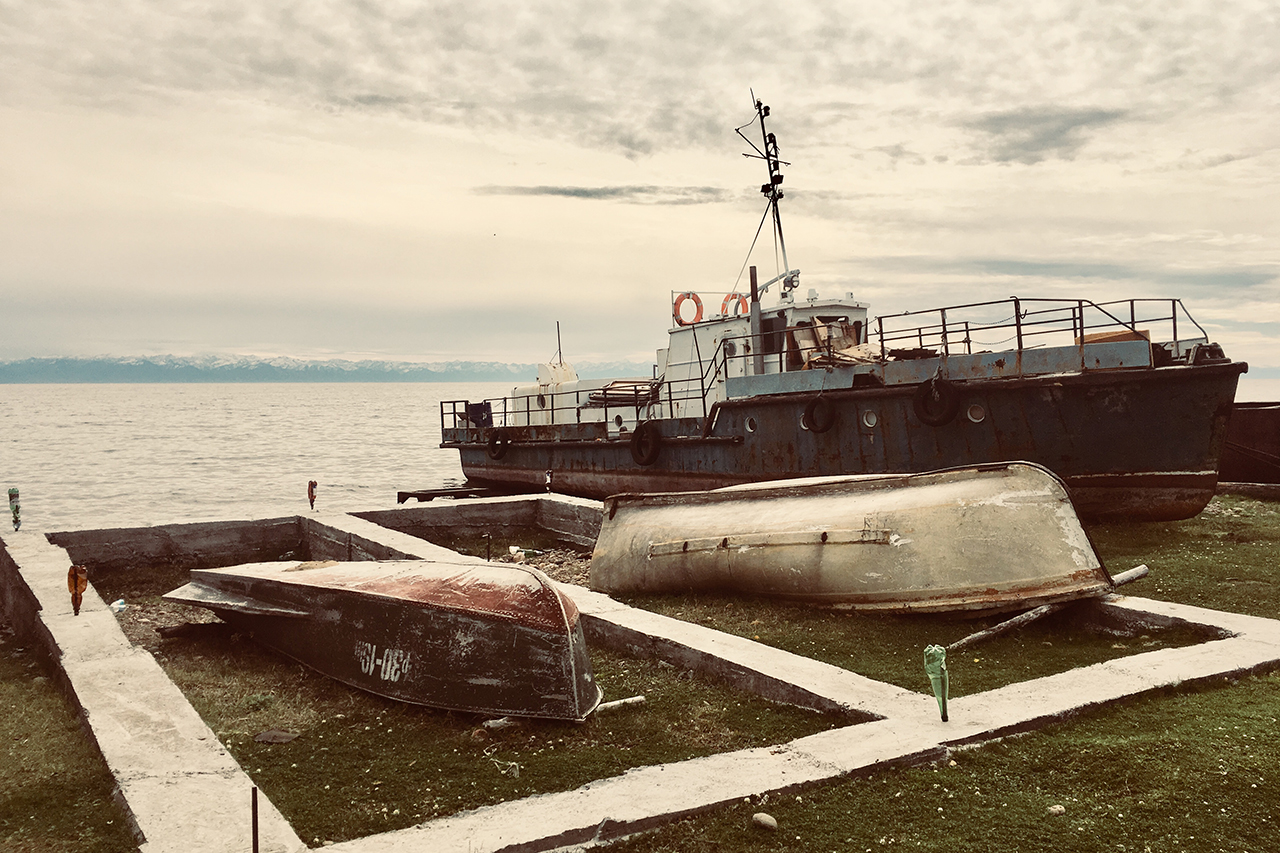

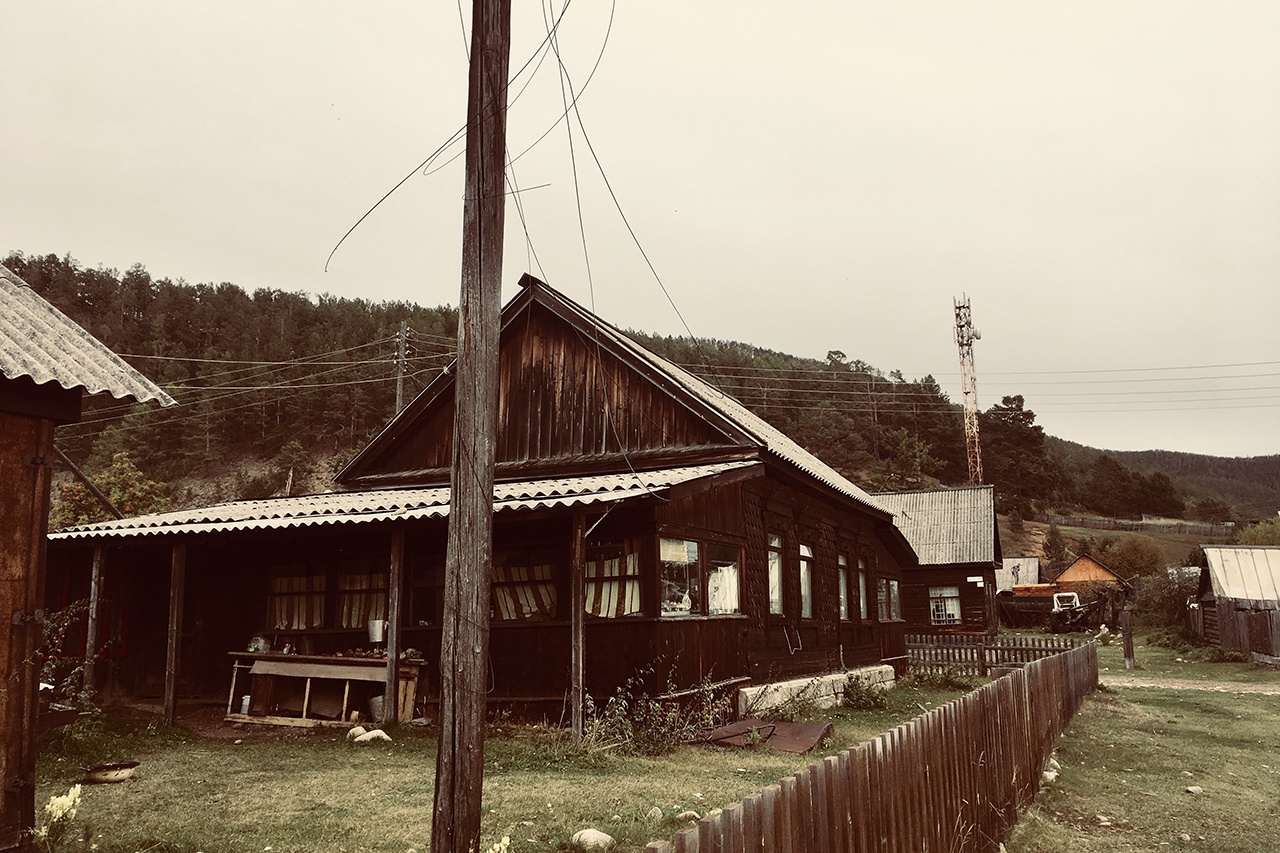
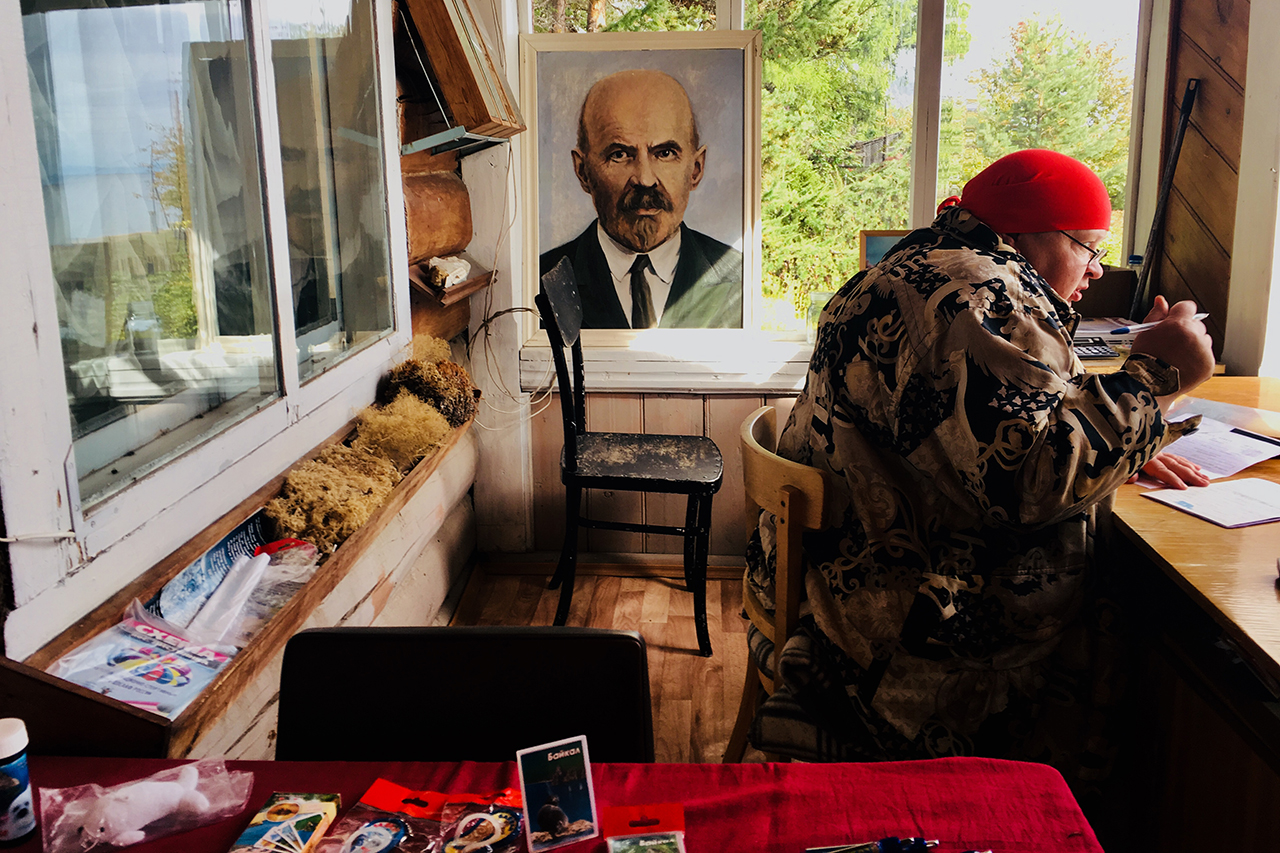
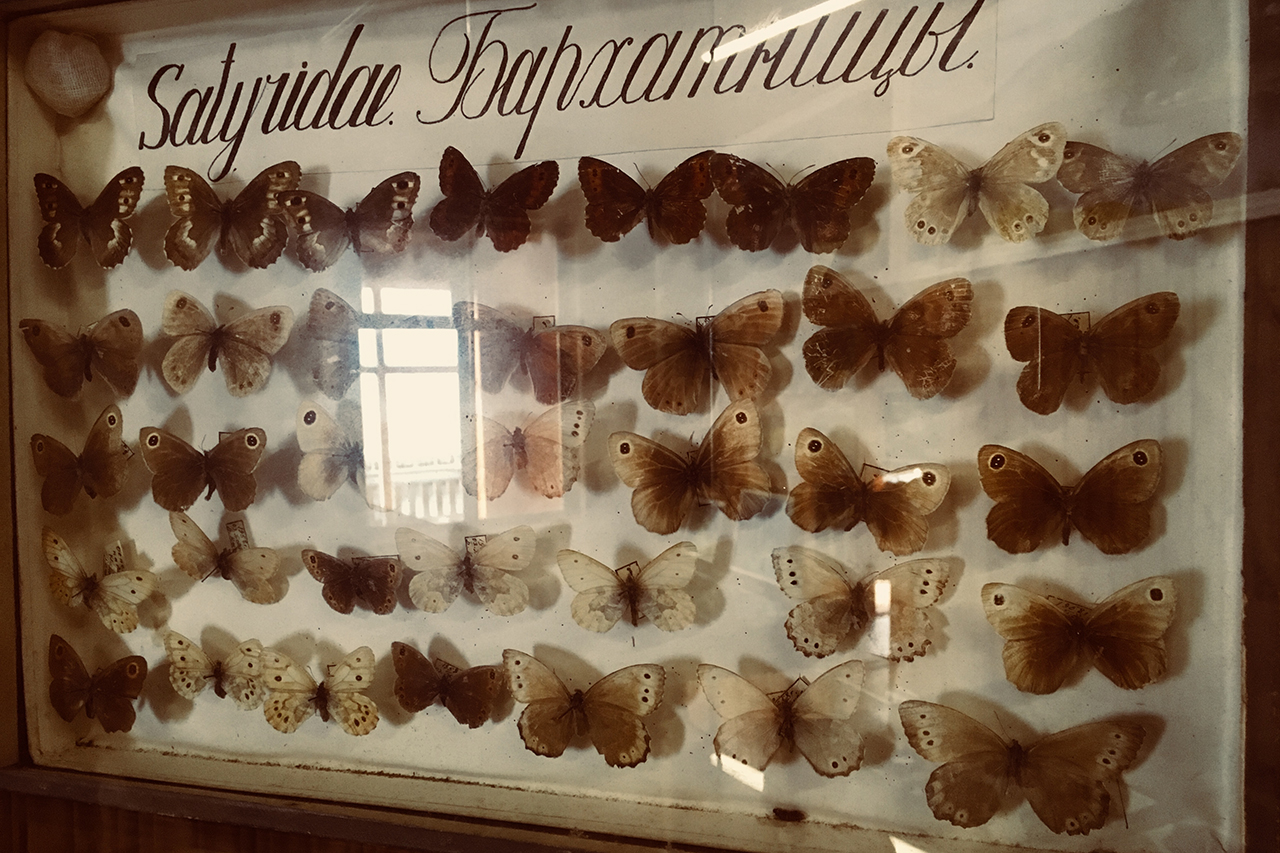
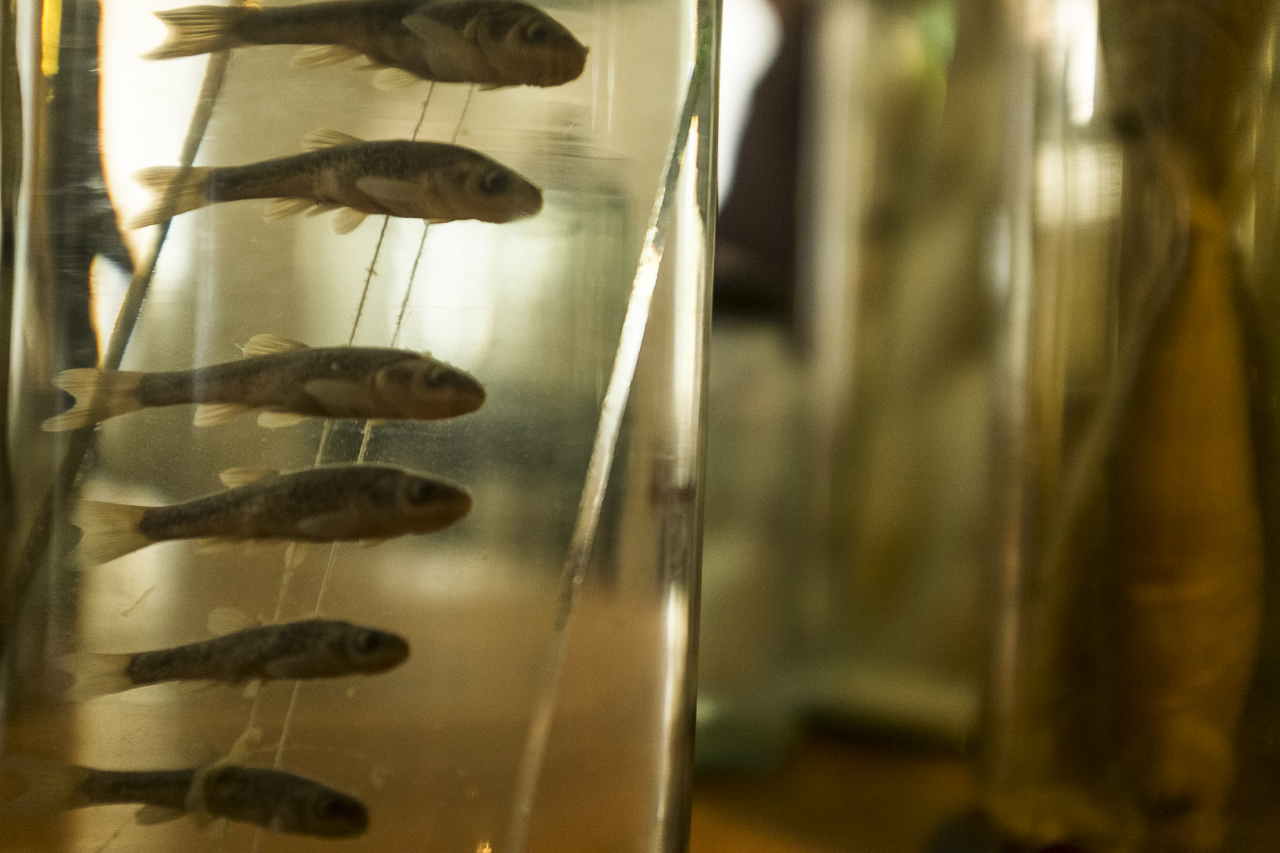
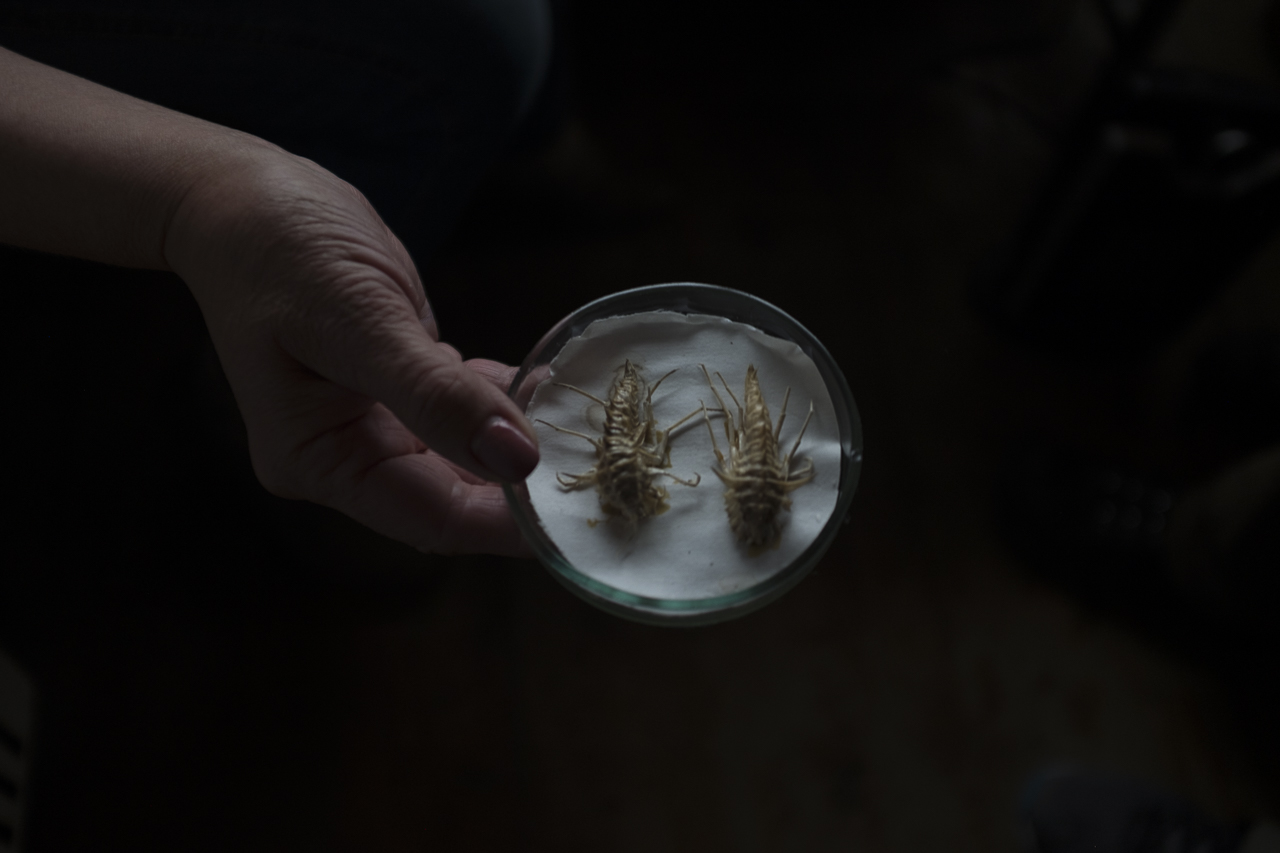
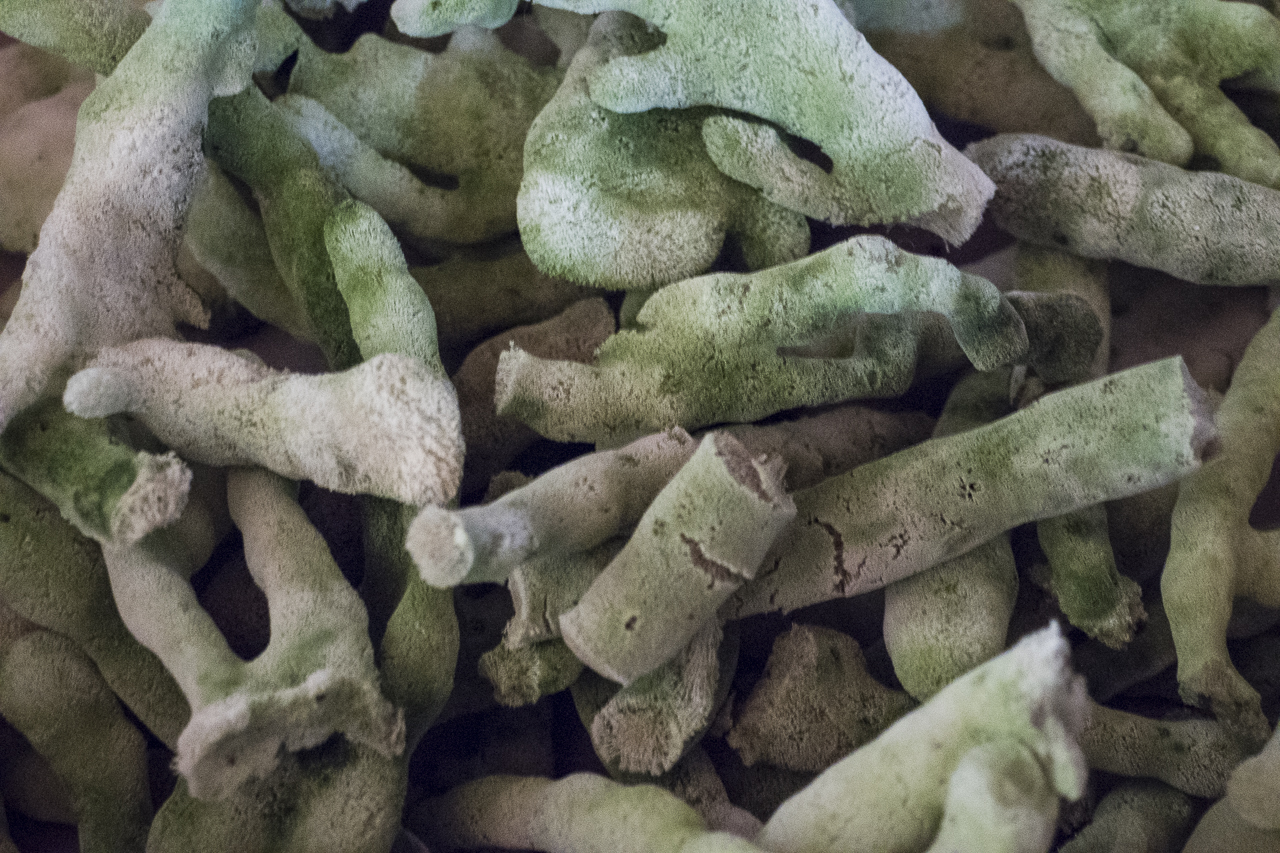
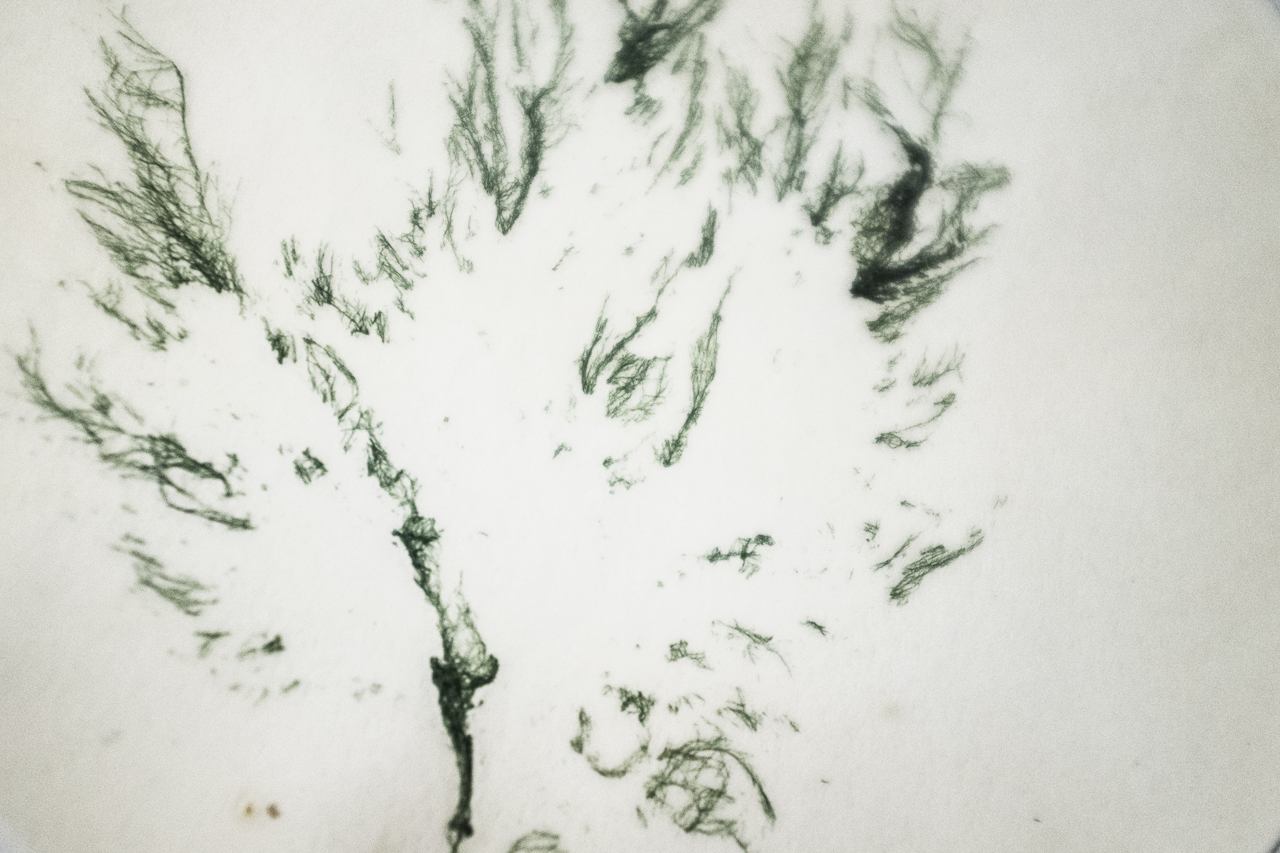
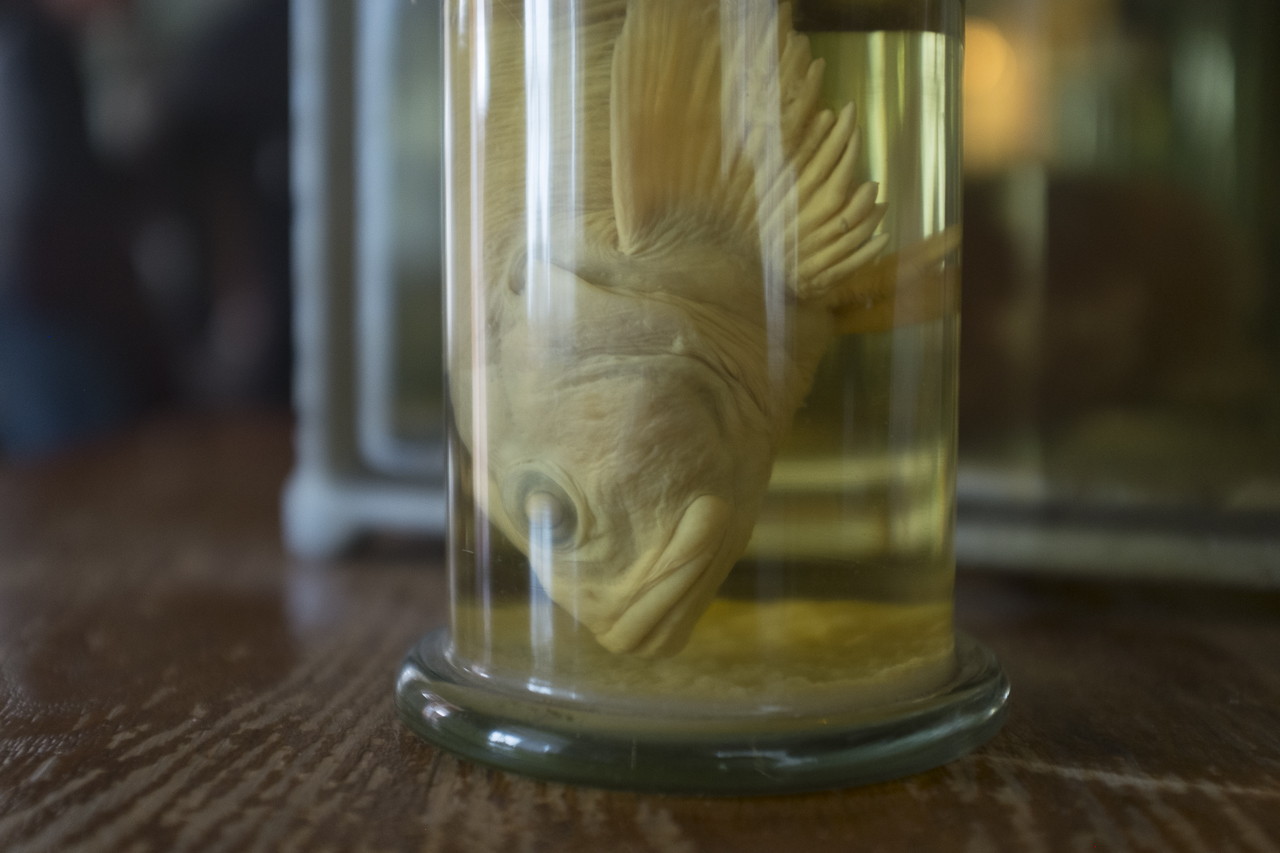
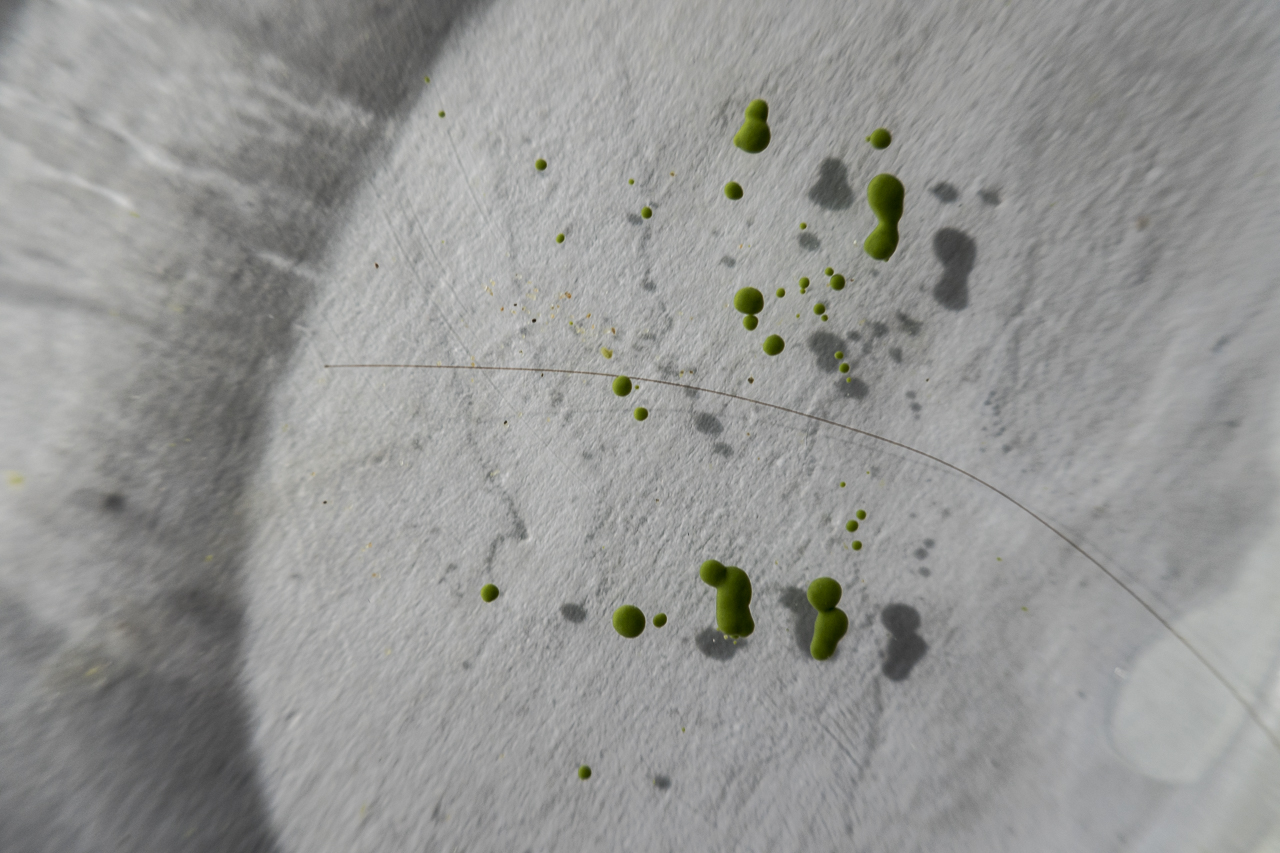
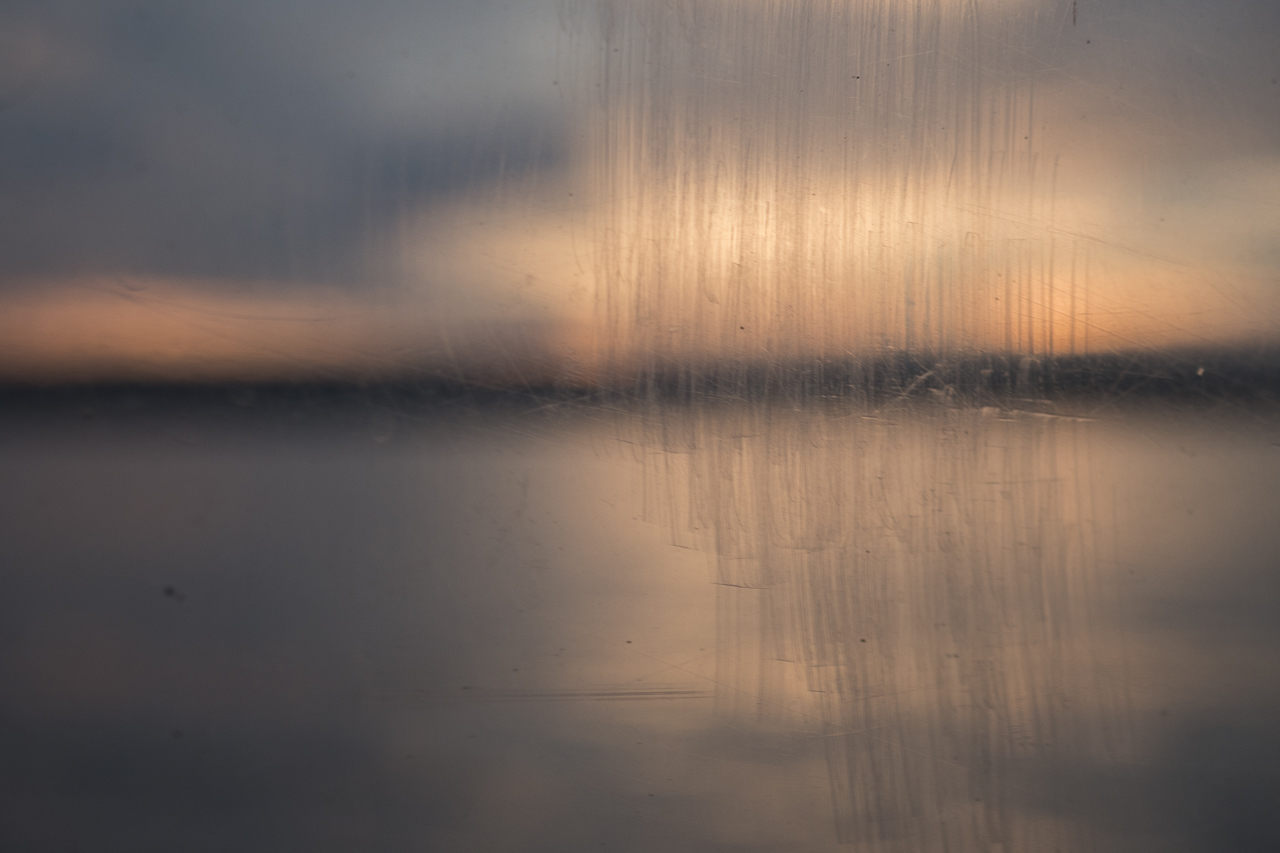
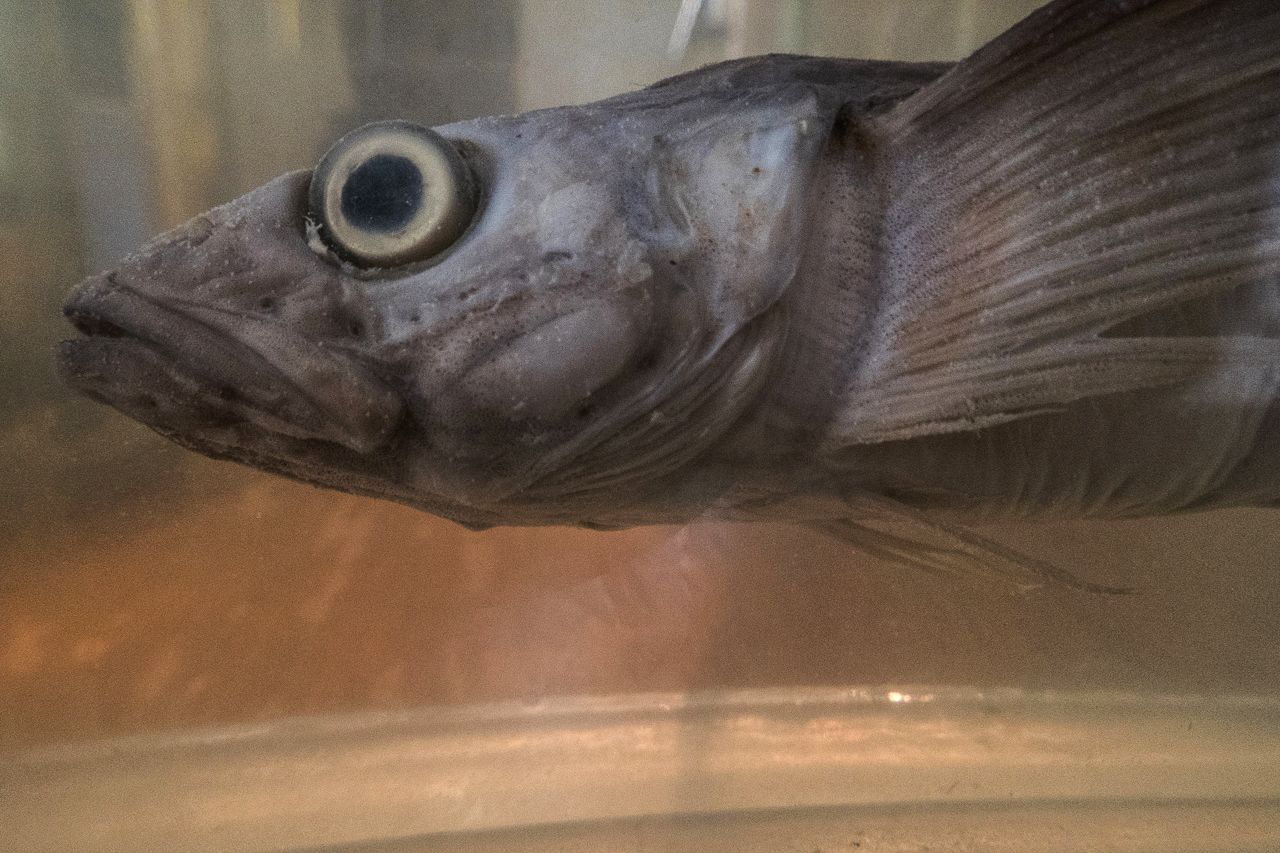
"You're going there willingly?"
That's been one of the most common responses when we tell people we're headed to Siberia. Yes, we chose to spend the next nine months in this place that is known primarily as a punishment and a place of exile.
The practice of sending people to the Far East began under the Tsars and continued under Communism. Somehow the authorities thought they could accomplish two things at once: punish people and use their labor to develop this vast and forbidding region. Common criminals, intellectuals and political insubordinates rubbed shoulders on the long trip East and after they arrived. And the political prisoners, some as notable as Dostoevsky, brought many elements of culture with them, causing Irkutsk, the city where we're now located, to eventually be nicknamed "the Paris of the East."
Stepping off the overnight flight from Moscow, we were hit by a brisk breeze and a certain something different about the air. Was it thicker, did it smell of the deep woods, did it have healing properties? Our new friend from the International Office of Irkutsk National Research Technological University, Assia, scoffed at this notion. "It's just the airport," she said, laughing. But we were convinced it was true.
Assia tried to reassure us that it was colder than a normal September. "It snowed yesterday," she reported, "but that's not normal for this time of year." We know that temperatures of minus 20 Fahrenheit are not too far in the future. But in the meantime, t-shirt weather is restored, with the first brilliant yellows rapidly emerging on the plentiful birch trees.
And the inviting weather made possible our first trip to Lake Baikal, the crescent-shaped "sacred jewel," the deepest lake in the world, containing one-fifth of earth's fresh water. We traveled on a boat from Irkutsk with Mikhail, who seems to know everything and everybody -- and has natural amphetamines coursing through his veins. As the boat made its way up the Angara River, the only river that drains from Lake Baikal, we caught sight of the mountains on the other side of the Lake, in Buryatia, the semi-autonomous land of the indigenous Buryat people. They appeared like a mystical wall, with ample snow already ladled onto the peaks, and no sign of human interference: not a ship, not a town, not a house.
The boat turned and chugged to Bolshie Koty, or Large Cats, a miniscule village that is accessible only by water during the summer months (and by car once the Lake freezes solid in January). After disembarking, Mikhail sprinted at an inhuman pace up a hill to an overlook where the Lake spread out in front of us and the view of Buryatia was even more surreal, the peaks appearing blue and white through an other-worldly haze. The entire village was visible at our feet, including a laboratory in a miniature wooden house that pursues research on the impact of pollutants and warming temperatures on marine life. After descending again, we met the biologists who are methodically trying to understand how best to protect the lake's ecosystem. Their beakers and petri dishes contained samples of Lake water and small sponges gathered from the bottom, and they showed us photographs of indigenous organisms, essential food for the Lake's fish, that are increasingly threatened by chemical spills and unusually high temperatures.
According to Buryat legend, a great earthquake caused fire to spew from the earth. The people gathered and cried, "Bai, gal!," or "Fire, stop!" in the Buryat language. And when their prayers were answered and the fire ended, the chasm filled with water, creating Lake Baikal. The Buryat tradition is extremely respectful of nature and its balance. But now, a second fire, that of climate change, threatens this equilibrium. In fact, the region around Lake Baikal is one of the places on Earth most threatened by global warming. Our project will explore the connection between these ancient and contemporary "fires," and call attention to the importance of preserving the Lake's pristine waters.
On the way back to Irkutsk, a generous sunset was unveiled on the left banks of the Angara, glinting through the spray from the boat. Undoubtedly, exiles suffered and died in this region in ways we can never fully comprehend. But those who were able to set eyes upon Lake Baikal must have had some small consolation. Baikal is still a sacred jewel, one of the most unique and precious spots on the planet. Having seen it only once, we count ourselves among the lucky.
